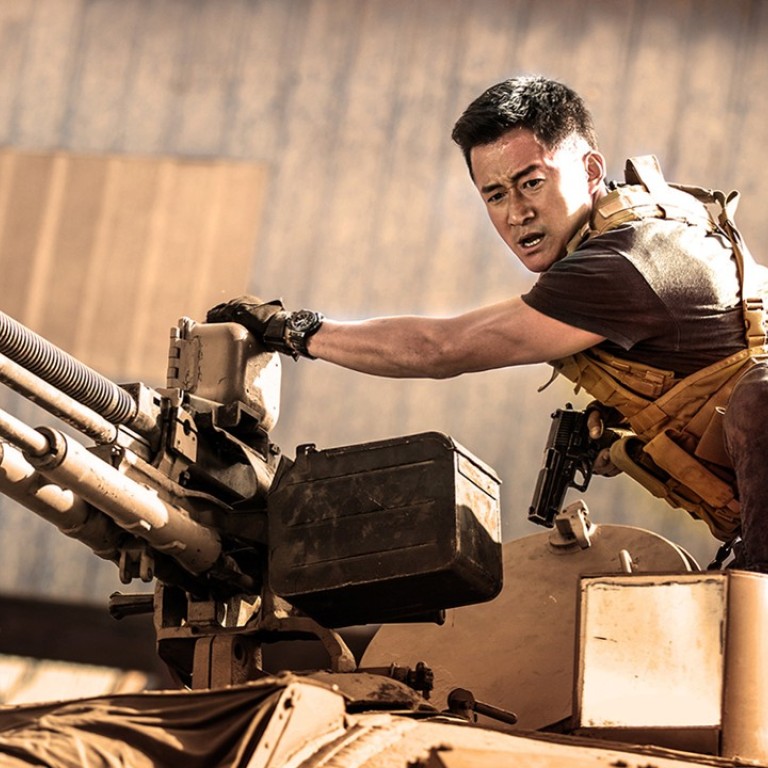
Wolf Warrior movie is a wake-up call too
China’s new-found confidence is well reflected in the entertaining hit move Wolf Warrior 2, though the stereotypes and generalisation in it have the potential to stir dangerous nationalistic feelings
China’s new-found place in the world was bound to be eventually reflected in its movies. Chinese audiences have resoundingly taken to the idea, propelling the action film Wolf Warrior 2 into the box-office stratosphere. In a matter of weeks, it has broken all records, crowds in part drawn by the Hollywood-style production elements of fast pace and impressive stunts. But its success can also be put down to national pride, patriotism and recent messages from President Xi Jinping about the nation’s might.
Wolf Warrior 2 was released as the People’s Liberation Army was celebrating its 90th anniversary. The displays of latest-generation naval vessels, aircraft and weapons and the claims by leaders that the military was primed to repel any threat were fresh in the minds of audiences. The on-screen exploits that then unfolded of a tough-guy former soldier who travels to an unspecified African country on special operations to rescue Chinese citizens from Western mercenaries and protect locals was therefore a perfect fit. It also reflected a measure of reality; that three decades of Chinese economic growth and development have led to rising power and influence around the world.
The movie’s hero, Leng Feng, played by the mainland’s first action superstar, Wu Jing, expertly translates those changes onto the big screen. Leng is in the mould of Western fictional characters like James Bond and John Rambo and, like them, he is deeply patriotic for his country and what it stands for, no matter how much he has been wronged. Those rescued have the highest praise for his heroic deeds and superhuman fighting skills. The idea is the same as that articulated in countless Hollywood war and action films, only with a Chinese focus: that China is strong, able to protect Chinese and others anywhere in the world, will act in the best interests of the downtrodden and has to be alert to those eager to exploit.
As Wu’s film shows, that is obviously what mainland audiences proud of the nation’s rise and achievements want to see. Movies are not reality, though, and in a format like that of Wolf Warrior 2, are bound to exaggerate. But while such a blockbuster is highly entertaining, it also, through stereotypes and generalisation, has the potential to stir nationalist feelings. Unchecked, that can lead to arrogance and racism.
There is nothing wrong with being patriotic and loving one’s country. But coupled with a belief that no nation is better and a “them against us” mentality, there is the risk of poor relations with outsiders and domestic instability as a result of finger-pointing. Wolf Warrior 2 reflects China’s growing confidence, but it should also serve as a wake-up call.

